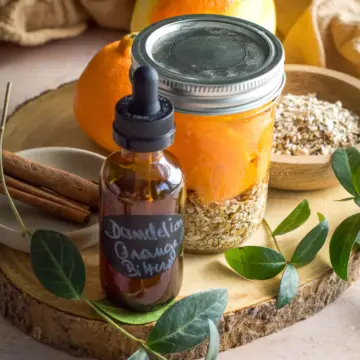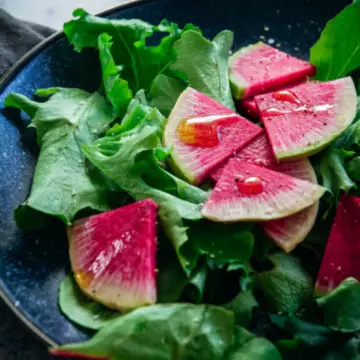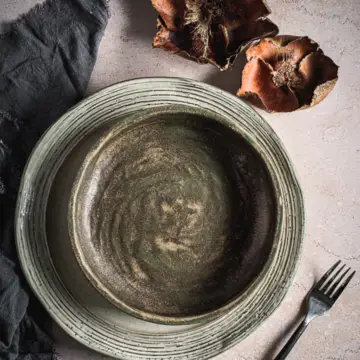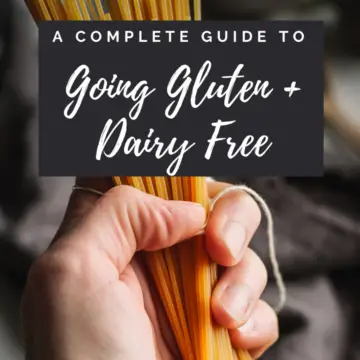When used appropriately and in moderation, those who can tolerate caffeine will find enormous benefits in drinking coffee every day.

Oh, coffee! Where do I even begin? When it comes to health and well-being, coffee has been heavily disputed. You either love it or hate it. Think it's one of the best things for your health or believe it is simply a drug. Well, I personally cannot imagine a day without it. Even during pregnancy I still drank a cup every morning but switched to half decaf.
I personally like everything about coffee, from preparing to brewing to drinking. I also happen to love the French press. I think a slower way of making coffee enhances flavor, though I was an avid Keurig user as well, so whatever works for you. But back to the French press...fresh coffee, piping hot water, 4 minutes of anticipation - it's heavenly. While I do enjoy cashew milk in my coffee, I've gotten away from the days of drinking my "sugar with coffee and cream" and prefer having it as close to its intended form as possible.
Coffee really does make for better days and really, really crappy ones when you don't have it. There is an undeniable caffeine dependence that forms but whether or not you think that's a good or bad thing, depends on well, your personal take on it and your research.
While digging into this topic and not just relying on my personal preference, I saw some outdated research touting coffee as unhealthy but also spotted a lot of emerging studies that put coffee on a pedestal. (where it belongs, in my humble opinion). Even the Mayo Clinic recognizes that some of the previous research did not take into account other confounding factors such as smoking and lack of physical activity.
"Recent studies have generally found no connection between coffee and an increased risk of heart disease or cancer. In fact, some studies have found an association between coffee consumption and decreased overall mortality and possibly cardiovascular mortality, although this may not be true in younger people who drink large amounts of coffee."
So sit back, pour a cup and check out some of the benefits of this glorious brew and let's answer the question: "Is coffee good for you?"
10 Health Benefits Of Coffee
Biggest Source Of Antioxidants
I've used the word "antioxidants" quite a bit when referring to some of the most beneficial plant foods but few can actually match the antioxidant amount found in coffee. While there is no doubt that berries top the antioxidant charts, one would need to consume a good amount on a daily basis in order to match coffee's levels. And drinking a few cups of coffee a day is something most coffee lovers do without thinking about it.
Improved Energy Level
I don't have to tell you about the difference between you before coffee and you after coffee. It can improve mental alertness, focus and increase energy. "The reputed benefits of moderate caffeine consumption include improvements in physical endurance, cognitive function, particularly alertness and vigilance, mood and perception of fatigue".
Longevity
Drinking coffee according to a study published this past July, looked at 521,330 people in several European countries as it relates to coffee and mortality. The biggest study of this kind concluded that in fact there is a relationship between drinking coffee and longevity.
Reduced Risk Of Type 2 Diabetes
Diabetes has become an epidemic in America and affects more than 30 million people. Several studies have shown that consuming coffee on a regular basis may reduce the chances of developing the disease by 25-30%. The total consumption of coffee or tea was over 3 cups.
Improved Physical Performance
Caffeine stimulates the nervous system sending signals to sweat glands and cells for them to start breaking down fat. As this study shows, caffeine releases free fatty acids into the bloodstream which the body utilizes as fuel.
Acts As An Antidepressant
Depression has serious implications on one's quality of life. Women are twice as likely as men to experience depression, according to Mayo clinic. A study that followed 50,739 US women over the span of a decade, found those who consumed 4 or more cups of coffee per day were less likely than those who drank none or 1 cup, to experience depression. Another peer review validates these findings.
Reduced Risk Of Heart Disease
This issue has been bouncing back and forth between studies. Some show that coffee can impact cardiovascular functions while others suggest that moderate consumption could in fact be beneficial due to coffee's high antioxidant content. This study concludes that coffee consumption does not have a negative effect on coronary heart disease (CHD).
Improved DNA
While I had familiarity with several coffee benefits, this was a new one. Evidently, coffee consumption can actually improve DNA integrity by decreasing "oxidative damage in peripheral white blood cells (WBC)"
Brain Protector
There's been emerging evidence that coffee may play a role in protecting against Alzheimer's. "Caffeine intake was associated with a significantly lower risk for AD, independently of other possible confounding variables. These results, if confirmed with future prospective studies, may have a major impact on the prevention of AD."
Additional Research
If you're in the mood to dig deep into the research, this study has some very interesting findings. I generally find that reviews are much more substantiated than individual studies so it's loaded with info. "From a review of double-blind, placebo-controlled studies published over the past 15 years, it would appear that the range of caffeine intake that could maximise benefit and minimise risk in relation to mood, cognitive function, performance and hydration is 38 to 400 mg per day, equating to 1 to 8 cups of tea, or 0.3 to 4 cups of brewed coffee per day."
As with everything else in life, moderation is always key. If you consume moderate amount of coffee, consider that you're doing something good for your mind and body. If you're struggling with severe anxiety or have other health issues and have not drank coffee before, this is probably not the time to start. As always, do your research and listen to your body. It is your best guide.







Comments
No Comments